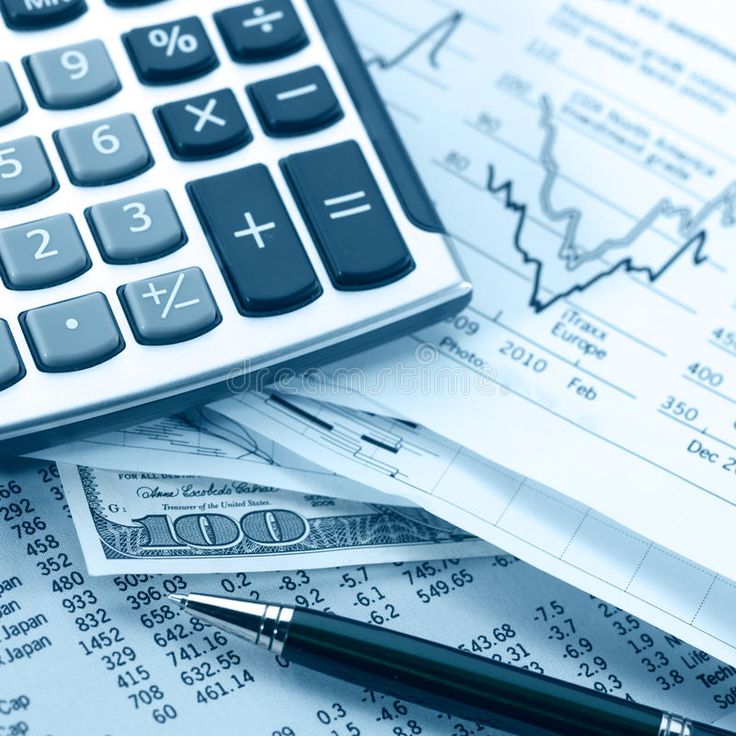Finance and economics are two closely related fields that often overlap, but they have distinct focuses and applications. While both deal with money, markets, and decision-making, they approach these concepts from different perspectives. Understanding the difference between finance and economics can help individuals choose the right career path, make informed investment decisions, and better understand global markets.
1. Definition of Finance and Economics
What is Finance?
Finance is the study of managing money, investments, and financial systems. It focuses on how individuals, businesses, and governments acquire, allocate, and use financial resources. The field of finance is primarily concerned with wealth management, risk assessment, and financial planning.
📌 Key Areas of Finance:
✔ Personal Finance – Budgeting, savings, investments, and retirement planning
✔ Corporate Finance – Managing a company’s financial operations, investments, and capital structure
✔ Public Finance – Government revenue, taxation, and expenditure
👉 Example: A company decides whether to take a loan or issue stocks to fund its expansion.
What is Economics?
Economics is the study of how societies allocate scarce resources to meet human needs and desires. It focuses on production, distribution, and consumption of goods and services. Economics helps understand market trends, inflation, unemployment, and economic policies.
📌 Key Areas of Economics:
✔ Microeconomics – The study of individual consumers and businesses
✔ Macroeconomics – The study of national and global economies
✔ Behavioral Economics – How psychology affects economic decision-making
👉 Example: A government implements policies to control inflation and stabilize the economy.
2. Key Differences Between Finance and Economics
| Feature | Finance | Economics |
|---|---|---|
| Focus | Managing money, investments, and financial planning | Understanding market forces, production, and resource allocation |
| Scope | Individuals, businesses, and governments | Households, firms, governments, and global economies |
| Key Concepts | Stocks, bonds, risk management, banking | Supply and demand, inflation, GDP, trade policies |
| Approach | Practical and applied (decision-making and investment strategies) | Theoretical and analytical (studying cause-effect relationships) |
| Real-World Applications | Stock markets, corporate financial strategies, investment banking | Economic policies, market regulations, global trade analysis |
3. How Finance and Economics Work Together
Although finance and economics are different, they complement each other in various ways:
✔ Economic trends impact financial decisions – Investors analyze economic indicators like inflation, interest rates, and employment to make investment choices.
✔ Financial markets reflect economic conditions – Stock market performance is influenced by economic policies and GDP growth.
✔ Government policies shape both fields – Fiscal policies (taxation, spending) affect economic growth, while monetary policies (interest rates, money supply) influence financial markets.
👉 Example: When central banks lower interest rates, borrowing becomes cheaper, boosting investments in businesses and financial markets.
4. Careers in Finance vs. Economics
Both finance and economics offer promising career opportunities, but they differ in roles and industries:
Careers in Finance:
✔ Financial Analyst
✔ Investment Banker
✔ Risk Manager
✔ Wealth Manager
✔ Corporate Treasurer
👉 Industries: Banking, insurance, stock markets, corporate finance, fintech
Careers in Economics:
✔ Economist
✔ Policy Analyst
✔ Market Researcher
✔ Data Analyst
✔ Economic Consultant
👉 Industries: Government agencies, research institutions, academia, international organizations
Conclusion
While finance focuses on managing money and investments, economics studies how economies function. Finance is more practical and applied, while economics is theoretical and analytical. Both fields are essential in shaping businesses, government policies, and global markets.
💡 Which field interests you more—finance or economics? Let us know in the comments! 🚀

